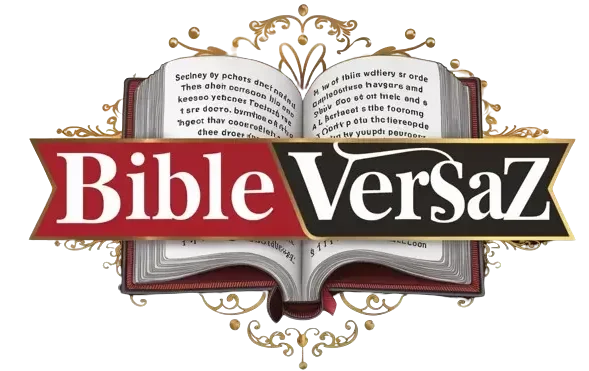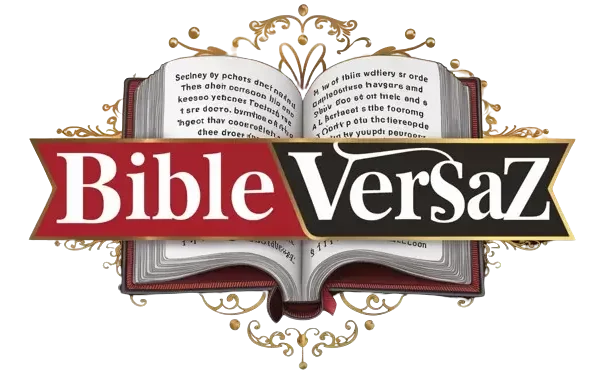Why Theology Books Still Matter
Books have always shaped human understanding of faith, morality, and community. Among all types of literature, theology books hold a unique place. They are not only guides to spiritual reflection but also resources for students, teachers, and pastors who wish to study faith in greater depth.
Even today, when blogs, podcasts, and short articles dominate, theology books continue to be the backbone of serious study. They provide context, continuity, and the ability to revisit insights that cannot be captured in short form content.
The Role of Theology Books in Personal Growth
Theology is not only an academic subject, it is also deeply personal. For many readers, theology books are companions in their spiritual journey. They give structure to devotional practices, provide new ways of interpreting scripture, and create opportunities for lifelong learning.
Pastors return to these books to prepare sermons. Students use them to build foundational knowledge. Everyday readers turn to theology books for inspiration and clarity. In all cases, these works serve as bridges between faith and understanding.
The Accessibility Problem
One of the greatest challenges of theological study is accessibility. Academic theology books often cost far more than popular titles. Many are released in limited print runs, making them expensive and difficult to obtain.
This has historically restricted access to those with academic or church funding. But theology is not meant for a privileged few. Every believer and every seeker should have the chance to engage with theological thought.
Affordable and Used Options for Theology Books
Thankfully, new solutions are changing the landscape. Affordable editions make it possible for students and lay readers to build their libraries without financial strain. Equally important, secondhand copies bring their own kind of value: marginal notes, dedications, and a sense of continuity across generations of readers.
For readers seeking affordable options, theology books are now widely available through dedicated platforms that focus on accessibility. For those who appreciate history and personal connection, used theology books offer the chance to own volumes that carry both wisdom and legacy.
Building a Theology Library Step by Step
Begin with the Classics
Every serious theology library starts with foundational texts. Works like Augustine’s City of God, Aquinas’ Summa Theologica, and Luther’s Commentary on Galatians still hold immense value today.
Add Modern Perspectives
Contemporary authors like Karl Barth, Gustavo Gutiérrez, and Elizabeth Johnson address pressing questions about society, justice, and culture. Their theology books show how faith interacts with today’s world.
Blend Breadth and Depth
A balanced library should include both broad overviews and focused studies. General introductions help readers grasp the field, while commentaries and case studies provide deeper engagement.
Combine New and Used Titles
Affordable theology books make it possible to keep up with new publications. Used theology books stretch budgets further and bring character to a collection. By combining both, readers can build rich and diverse libraries.
Theology Books and the Digital Era
The digital revolution has given rise to countless online resources. Yet theology books continue to hold value in print. The tactile experience of marking a page, the permanence of a physical library, and the ability to revisit passages without distraction all make printed theology books irreplaceable.
Digital availability, however, has made these works globally accessible. Readers in every part of the world can now engage with classic and modern theology, a development that democratizes theological education more than ever before.
Why Theology Books Will Always Matter
Theology books endure because they serve three crucial roles:
- They preserve history and doctrine for future generations.
- They provoke dialogue, inviting readers into conversations that span centuries.
- They build community, connecting readers across cultures and traditions.
As long as people seek meaning, theology books will remain essential guides. Affordable and used theology books ensure that no one is left out of this vital conversation.
Keeping Theology Accessible
Theology books are companions for both the scholar and the everyday reader. They shape understanding, deepen devotion, and carry wisdom forward. But their greatest value comes when they are accessible to all.
Today, with affordable editions available in the marketplace and meaningful secondhand treasures offered by trusted sources, theology books are no longer reserved for the privileged. They belong to anyone with the desire to learn, reflect, and grow.
The digital age may change the format of how we access resources, but theology books, whether new or used theology books, will always have a place in shaping faith and understanding.

Dariel Campbell’s writing at BibleVersaz.com reflects his unwavering commitment to sharing God’s word with sincerity and grace. With a focus on practical applications, his work encourages readers to live out their faith in everyday life, making scripture accessible and impactful.



